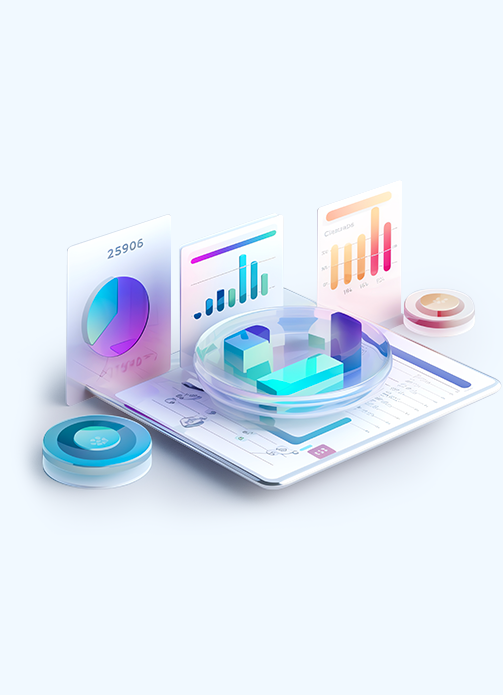
Conversions API strategy
Following the IOS 14 update that limited the tracking of user data, Meta has introduced a new solution called Conversions API (also called CAPI) to ensure you can measure the effectiveness of your campaigns, optimize deliverables and results, and get a better return on your spendings – ROAS (Return on Ad Spending).
Objectives & challenges
Following the IOS 14 update that limited the tracking of user data, Meta has introduced a new solution called Conversions API (also called CAPI) to ensure you can measure the effectiveness of your campaigns, optimize deliverables and results, and get a better return on your spendings – ROAS (Return on Ad Spending).
For this project, our experts have identified the following objectives :
- Increase leads by 30% per month
- Decrease CPM by 10% per month
Our approach
To stay on top of the latest industry trends, Bodyline Center enlisted the experts at Eminence, its trusted digital agency in Geneva, to implement Meta’s Conversions API to increase conversions.
The Conversions API is a secure integration that allows advertisers or their authorized partners to transfer online and offline events, or actions taken by Facebook customers, directly from the advertiser’s server in compliance with the GDPR.
The Conversions API enhances the performance of the Facebook Pixel and improves the performance of your ad campaigns and their measurement, following the data access restrictions announced by Google.
Compared to the exclusive use of the Facebook Pixel, this feature is less vulnerable to crashes and unpredictable browser events.
Thanks to Conversions API, Bodyline Center was able to optimize its Leads and Catalog campaigns (in terms of prospecting and retargeting) by attracting an audience that is more relevant and interested in the services that Bodyline Center offers.
Bottom line impacts:
- Re-engage existing audiences who have already shown interest but have never used Bodyline Center services.
- Re-engage customers who have not used Bodyline Center services for more than 90 days (Churn rate).
- Combine the data from these two groups of people to create personas in order to attract new leads.
- Use budgets much more efficiently.
Our Strategy
Technical Requirements and Implementation Process
Before starting, we had to ensure that the following elements were in place:
- A classic Google Tag Manager account (web)
- Access to the Google Tag Manager server
- The set-up of events with Google Analytics
Well running Facebook pixel
To be able to track the different events, we first implemented the events to be associated with the CAPI on Google Analytics 4 tags.
Then, we sent these tags to a new GTM server property in order to keep the customer data more secure and to have more control over the data. After this setup, we were able to associate Google Analytics 4 events with Facebook CAPI.
In order to track the events coming from the Pixel and those generated by the Conversions API, we put in place a deduplication method that duplicates identical events in the Pixel and the Conversions API.
The goal was to be able to evaluate all the events coming from the server and the browser to have complete data.
In fact, in the case of identical events, Facebook favors the one coming from the browser.
This step was important for Facebook to take into account all the events.
Without this event deduplication, the data would not have been accurate and this could have affected the Facebook campaign.
To set up Conversions API deduplication, we sent unique event IDs (event_id) from both the browser and the server.
The same events from both the browser and the server had to have the same event ID.
With the Conversions API, we enabled Facebook’s Machine Learning tools to serve ads to a higher-value and more targeted audience that was more likely to convert to Bodyline Center customers.


